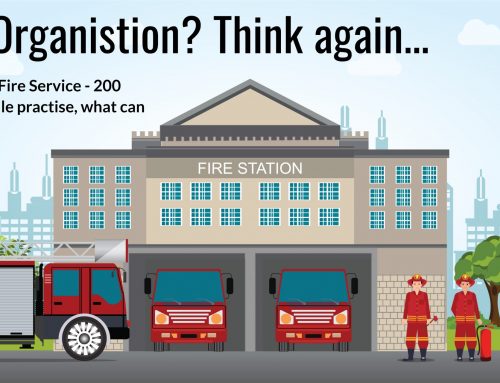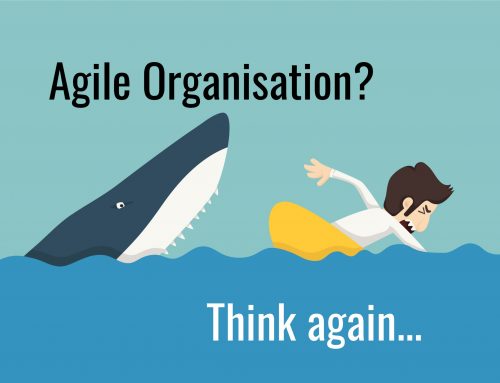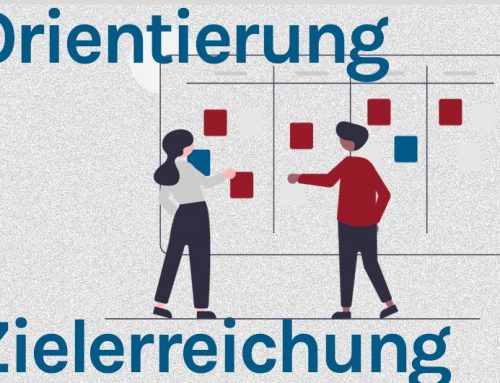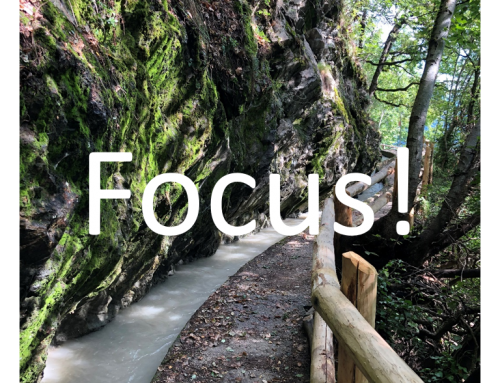2021/05/05
In the age of virtual communication and online collaboration, companies can no longer be managed so easily through direct intervention. The conscious setting of high-level parameters is one possibility. As an example, I refer here to CODE OF AFRICA.
“The world is moving closer together,” says Anja Schlösser, Managing Director of CODE OF AFRICA in Rwanda. “Since Corona, virtual collaboration has finally become the most normal thing in the world! Almost no carbon footprint, best time economy and most importantly, our offer reaches the demand even better!” What she means is that the huge surplus demand for IT specialists in Europe encounters a qualified supply in the same time zone in East African countries.
What has become increasingly standard also for the general public in Europe since Corona – virtual online collaboration – has been part of the business model from the very beginning. As a co-founder, I am delighted to be involved when Kenyan, Rwandan and German software companies work together in teams at CODE OF AFRICA to produce software for customers in Europe, the USA or anywhere else in the world.
Our principles of collaboration
After almost two years of steadily growing business, we at CODE OF AFRICA have now taken an organisational step. Online collaboration – like any other form of collaboration – needs commonly agreed guidelines. So far, at CODE OF AFRICA, these have been based on implicit assumptions made by the actors. Based on concrete experiences, we have now written down how our cooperation works. And in which direction we want to develop further. So we have made implicit assumptions explicit.
Five Principles of Collaboration have been established:
- We orient our collaboration towards VALUES that make us and our stakeholders grow together.
- We delight our customers and create VALUES for all our stakeholders.
- We build on VALUING-MANAGEMENT with SELF-SORGANISED TEAMS AND NETWORKS.
- We take a step-by-step approach, TEST-AND-LEARN instead of plan-and-implement.
- We communicate AT EYE-LEVEL, ACROSS COMPANY BOUNDERIES.
High-level parameters
After a year of the pandemic with the shift to virtual communication and online collaboration, many managers have realised that they can no longer easily control their staff and organisations through direct interventions. This is not necessarily a new insight, but home office and virtual communication making company boundaries more permeable have made it apparent.
But how does indirect control work? For one thing, it’s about setting generally valid rules, from statutes to job descriptions. But here we are still deep in operational management and very often in micromanagement.
Another much more effective way can be described as normative management or normative governance. This is about the shared values that are deeply burned into the unconscious of organisations and determine the actions of their actors.
With our Principles of Collaboration, we at CODE OF AFRICA have tried to give our teams in Rwanda and Kenya a common “normative” direction. We have written down what we already do in such and such a way. And at the same time, it has also become a picture of how we ideally want to shape our actions. In doing so, we clearly address the values that the participants consciously or unconsciously share to a very large extent.
The Principles of Collaboration have thus become frame of reference within which the staff members are happy to move.
We can also call this setting high-level parameters, framework conditions that influence the attitudes and thus the actions of the staff.
Well-conceived and carefully set high-level parameters that are respected by a critical mass within an organisation can trigger broad and sustainable changes and thus indirectly steer organisations.
Age of a new collaboration
At CODE OF AFRICA we are dealing with African-European collaboration, which is not entirely unburdened by stereotypes and preconceptions. With the 5 Principles of Collaboration, we also want to set a standard. Whatever you call our way of collaboration – “agile”, “people-centred”, “humanistic” – we hope to be a model for a modern form of collaboration between Africa and Europe. If only because the world is moving ever closer together, as Anja Schlösser has been experiencing for the last two years in Kigali.





